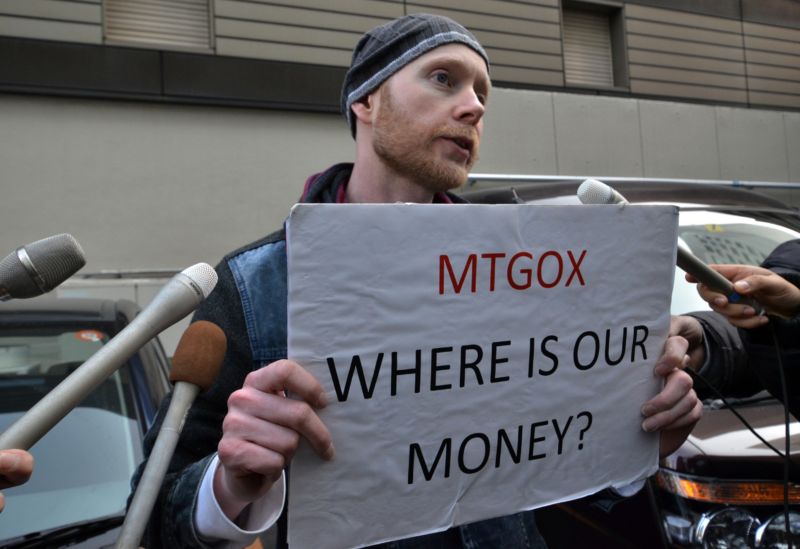Hackers who embezzled cryptocurrency worth about $530 million from the Coincheck exchange the previous week are attempting to shift the stolen ‘XEM’ coins. The report was made on Tuesday by the foundation that manages the digital currency. It ranks among the significant thefts of this kind ever. The founders of the XEM cryptocurrency, NEM Foundation have tracked the stolen coins to a secret account. The owner of the account has started trying to shift the coins to six exchanges where they can be traded, said Jeff McDonald.
Hackers took off with cryptocurrency valued at about 58 billion Japanese yen ($533 million) at the end of last week, from Coincheck Inc., which is in Tokyo. It led to new queries regarding safety and regulatory security in the thriving market. The hackers’ account location was not recognized. ‘The hackers are attempting to use them on various exchanges. We are getting in touch with those exchanges,’ Mr. McDonald informed Reuters from Singapore. Alexandra Tinsman, the spokeswoman of NEM Foundation, remarked that the hacker had begun distributing ‘XEM’ coins at random to accounts in batches of 100 XEM each valued at around $83.

‘When individuals want to steal these kinds of money, at times they divide it into minor transactions as the possibility of it setting off exchange mechanisms for anti-money laundering are less,’ stated Tom Robinson, Elliptic co-founder. It is a security company in London. Mr. Robinson commented that leaping like this among various cryptocurrencies was becoming more common among cybercrooks attempting to conceal their movements. The coins stolen by the hackers constituted about 5% of the overall XEM production. It is the 10th largest cryptocurrency in the world, according to Coinmarketcap, a trade website. Mr. McDonald revealed that it was improbable that the hackers would attempt to use nearly all the stolen cryptocurrency at one go because ‘it was just impossible for the market to absorb that quantity.’ If the hackers managed to shift the coins to an exchange, it was possible that they would attempt to exchange them into another cryptocurrency before moving the coins back to a regular currency, he said. It would make tracking the money more complicated or almost impossible. ‘I think they will run away with some of the cash,’ said Mr. McDonald. From 2011, at least three dozen cryptocurrency thefts have been discovered; most of the exchanges that were hacked closed afterwards. 980,000 bitcoins and more have been stolen and most were never found.

In 2014, Mt. Gox, which is located in Tokyo, which at one time managed 80% of the Bitcoin trades in the world, filed for bankruptcy following the loss of bitcoins valued at around half a billion dollars. During that period it was the most significant theft of its kind that led to a significant Bitcoin sell-off. ‘It indicates how much the sector has progressed, that a hack of this magnitude is not a big problem,’ stated Robinson at Elliptic. ‘It is merely a kind of glitch. From 1744 GMT, each coin was being sold at $0.83 by XEM with an overall market worth of about $7.5 billion. That was about 20% less compared to trading rates on Friday, after the revelation of the hack. But, XEM remains on top by nearly 300% in the previous couple of months. On Monday, FSA (Financial Services Agency) in Japan ordered that the operations at Coincheck should be enhanced. On Friday, Coincheck deferred all cryptocurrencies trading apart from Bitcoin.

